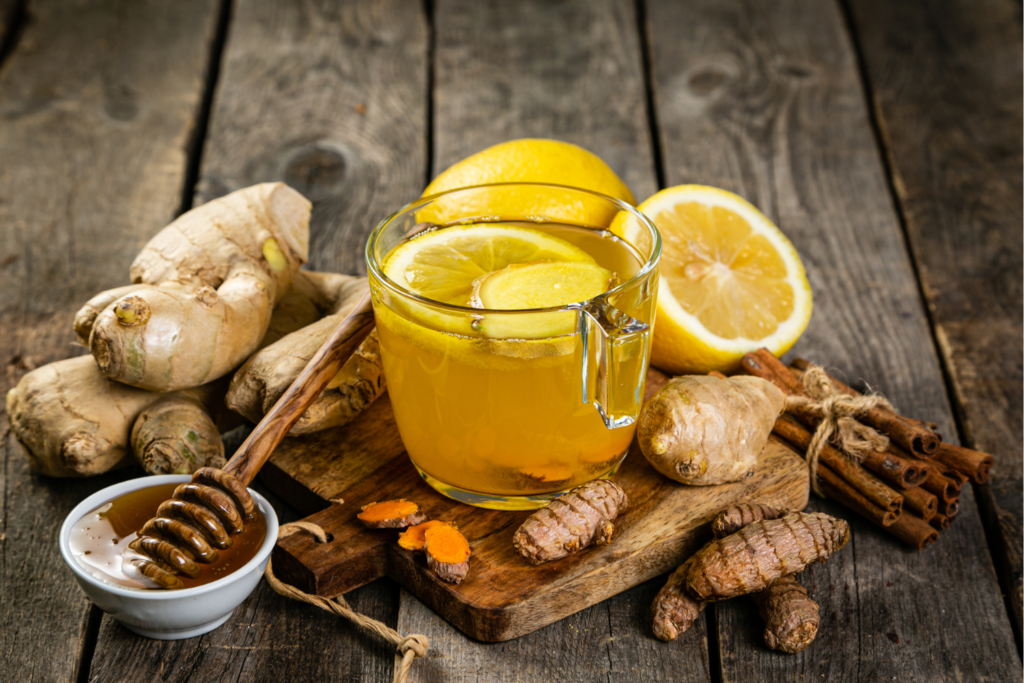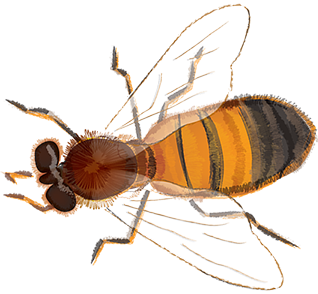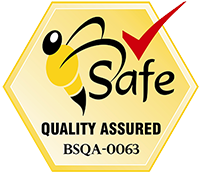Clearing your cough with Manuka honey
The annoyance of a cough
Coughs can be persistent and bothersome, at times lasting weeks after the initial illness or irritation has occurred. This can be distressing in public, as you attempt to contain your cough and not appear ill. Coughs are physically uncomfortable and can disrupt your daily life and activities such as social events, exercise, work and eating and can impact your sleep by keeping you awake or by regularly waking you. When you are ill, getting enough rest and sleep is a key factor to your recovery. Stubborn coughs can increase your recovery time as you struggle to get enough sleep.
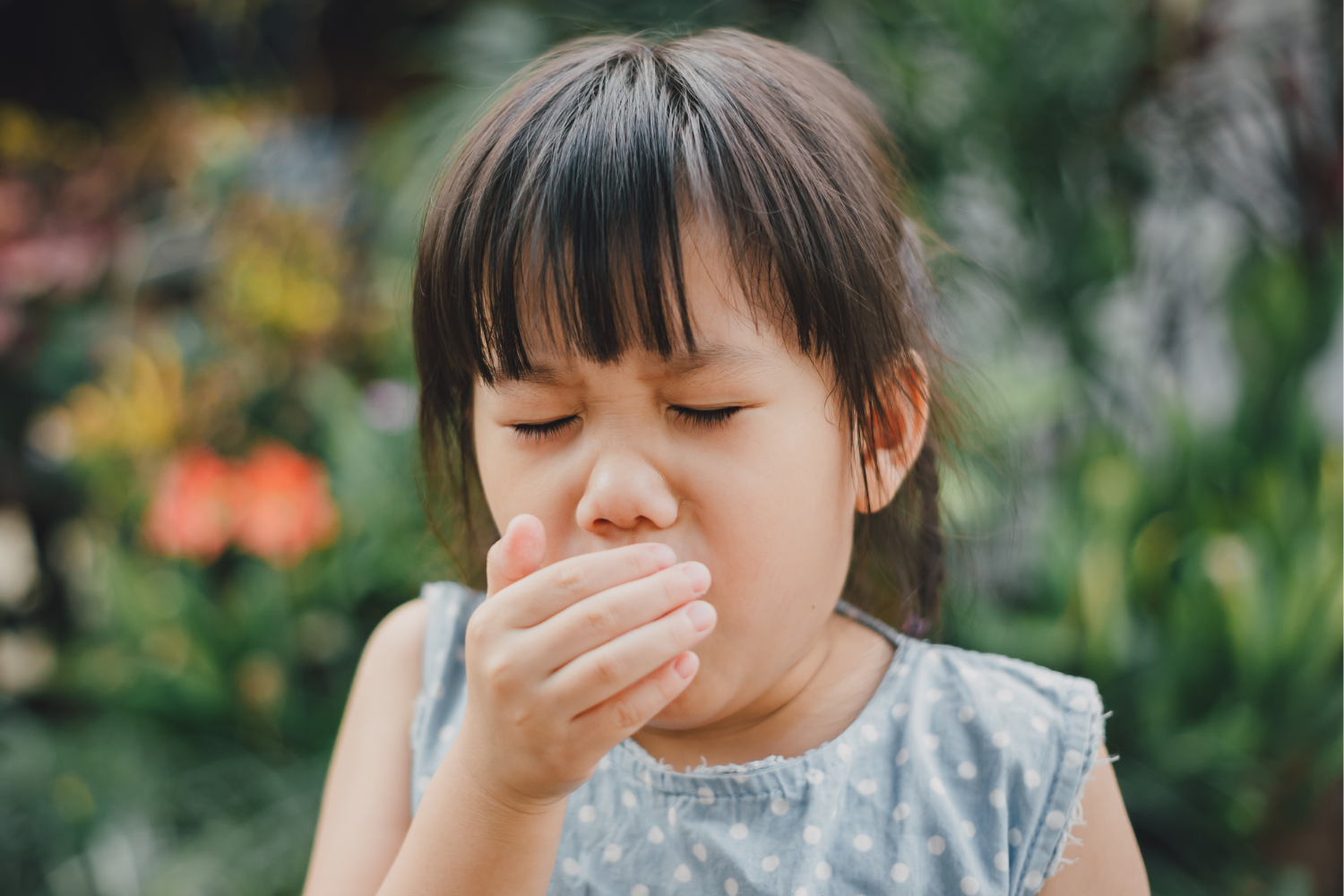
Two main types of coughs
Dry cough
A dry or raspy cough is a cough that does not produce phlegm or mucus. It can be described as a tickling or scratchy throat that causes the cough reflex. Dry coughs can be caused but viral infections (common colds and flus), allergies, irritants (like smoke and dust), asthma and some medications. Dry coughs can be more persistent and irritating than productive coughs as they do not effectively expel any irritants from the throat or lungs.
Chesty cough
A chesty cough also known as productive cough is when the patient is coughing mucus or phlegm from the lower respiratory tract. This cough is usually from inflammation in the lungs or airways which causes the development of mucus. Coughing is the body’s natural response to try and remove this mucus and clear the airway of irritants, bacteria or viruses. A productive cough can also be caused by colds and flu, smoking, allergies, irritants, such as dust or pollution, asthma, bronchitis and in more severe conditions such as pneumonia and emphysema.

Science-backed research on the effects of Manuka honey on coughs
Honey has been used as medicine throughout the world for thousands of years. More recently, honey has been studied and proven to be an effective treatment for coughs. See references 1, 2, 3, 4, 5, 6
Manuka honey is a prebiotic which supports good gut biome and in turn boosts overall health and immunity. Manuka honey also contains nutritious vitamins, such as vitamins B and C and minerals, such as potassium, calcium, magnesium and phosphorus. These nutritional benefits support the body’s ability to recover from illness.
Manuka honey is an effective treatment for coughs as it contains bioactive compounds such as polyphenols, flavonoids and enzymes which are anti-inflammatory and antioxidant. These bioactive compounds are soothing for our throats and airways.
Manuka honey has two powerful antibacterial properties TA (Total Activity) & NPA (Non Peroxide Activity)
Manuka honey contains Hydrogen Peroxide releasing enzymes which give it powerful but short acting antibacterial and antimicrobial action known as Total Activity (TA). This unstable and short performing antibacterial property, which helps cleans the airways of bacteria and infections. 9
The TA is boosted and assisted by the NPA (Non Peroxide Activity) more commonly known as MGO. Methylglyoxal (MGO) is a powerful antibacterial and antimicrobial compound. MGO is powerful because it is a long lasting and stable compound that enables Manuka honey to have longer lasting antibacterial effect to eliminate more bacteria and infection compared to a honey that only has a TA (Total Activity) property.
These two powerful antibacterial properties of Manuka honey, TA and NPA act synergistically, which means they enhance each other’s actions to cleanse and clear infections.

Manuka honey aids sleep which is needed for our bodies to recover. It does this by slowly releasing glycogen which is essential for bodily function during sleep. Honey has been found to assist children to sleep when they have a cough, by soothing the cough and encouraging sleep. This has reduced their illness time and cough severity as they are able to get more rest. 4
Studies show pharmaceutical cough medications often include sedation medications, chemicals and other drugs that can have side effects or can be overdosed, especially if used incorrectly. 7
Comparatively, raw Manuka honey is a natural and nutritious product. Unless you are allergic to honey or pollen or sensitive to sugar, Manuka honey is unlikely to cause complications that are linked pharmaceutical cough medications.
When using Manuka honey to treat coughs you should also aim to alleviate the cause (such as pollutant, dust or smoking) and ease the symptoms by ensuring hydration, adequate rest, sunlight, fresh air and good nutrition.
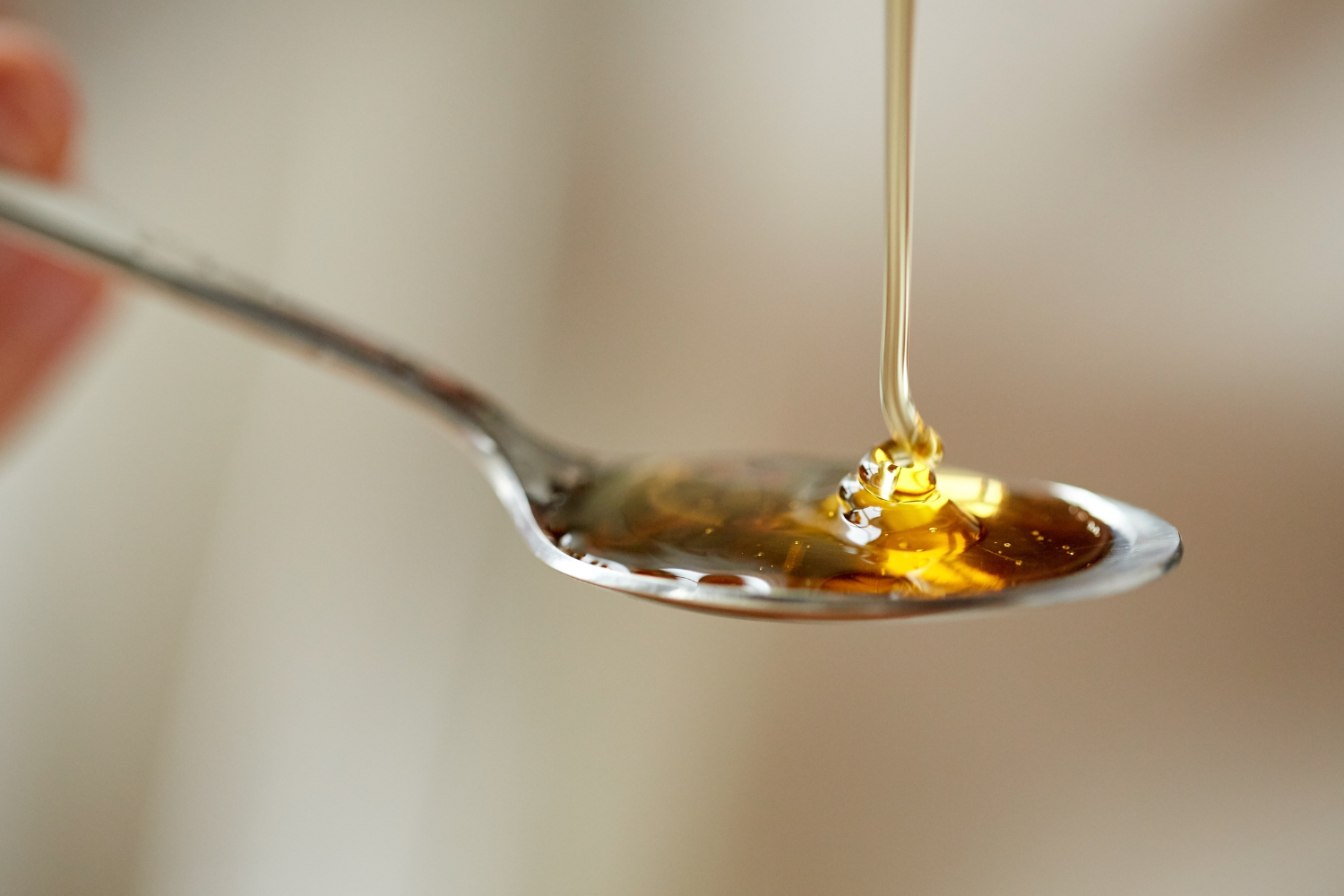
How to use Manuka honey to treat coughs
By the spoon
Treating coughs with Manuka honey can be done as required such as when the throat is feeling itchy simply by taking a spoon of honey. If you are treating regularly, you can have many smaller dosed such as a quarter or half spoon sized doses regularly throughout the day.
Before bed is a good time to take a larger dose of 1-2 teaspoons to sooth the airway, encourage sleep and give the body a healthy boost. If you wake up coughing, you can take another dose of honey to re-sooth the cough and airways.
Cup of warm tea (not hot)
Honey can also be added to cough soothing drinks. Add the Manuka honey once the tea or water has cooled down or add directly to cool drinks. Ensuring you do not overheat the honey to retain the beneficial bioactive compounds and MGO.
Cough and cold soothing drinks to have with Manuka honey:
- Fresh lemon and fresh ginger tea, brew the sliced ginger in warm water and add freshly squeezed lemon juice and Manuka honey.
- Lime and Cinnamon, add freshly squeezed lime, pinch of cinnamon or cinnamon brewed in hot water and Manuka honey.
- Golden milk, warm milk brewed with turmeric and honey.
- Chicken broth with fresh lime, organic miso paste and Manuka honey.
- Green tea and Manuka honey.
Health Warnings
Honey contains sugars and may contain pollen that can cause severe allergic reactions. Honey is not suitable for infants under the age of twelve months.
For oral use with cough/cold indications: Not to be used in children under 2 years of age without medical advice.
If symptoms persist or worsen seek medical advice or talk to your health professional.
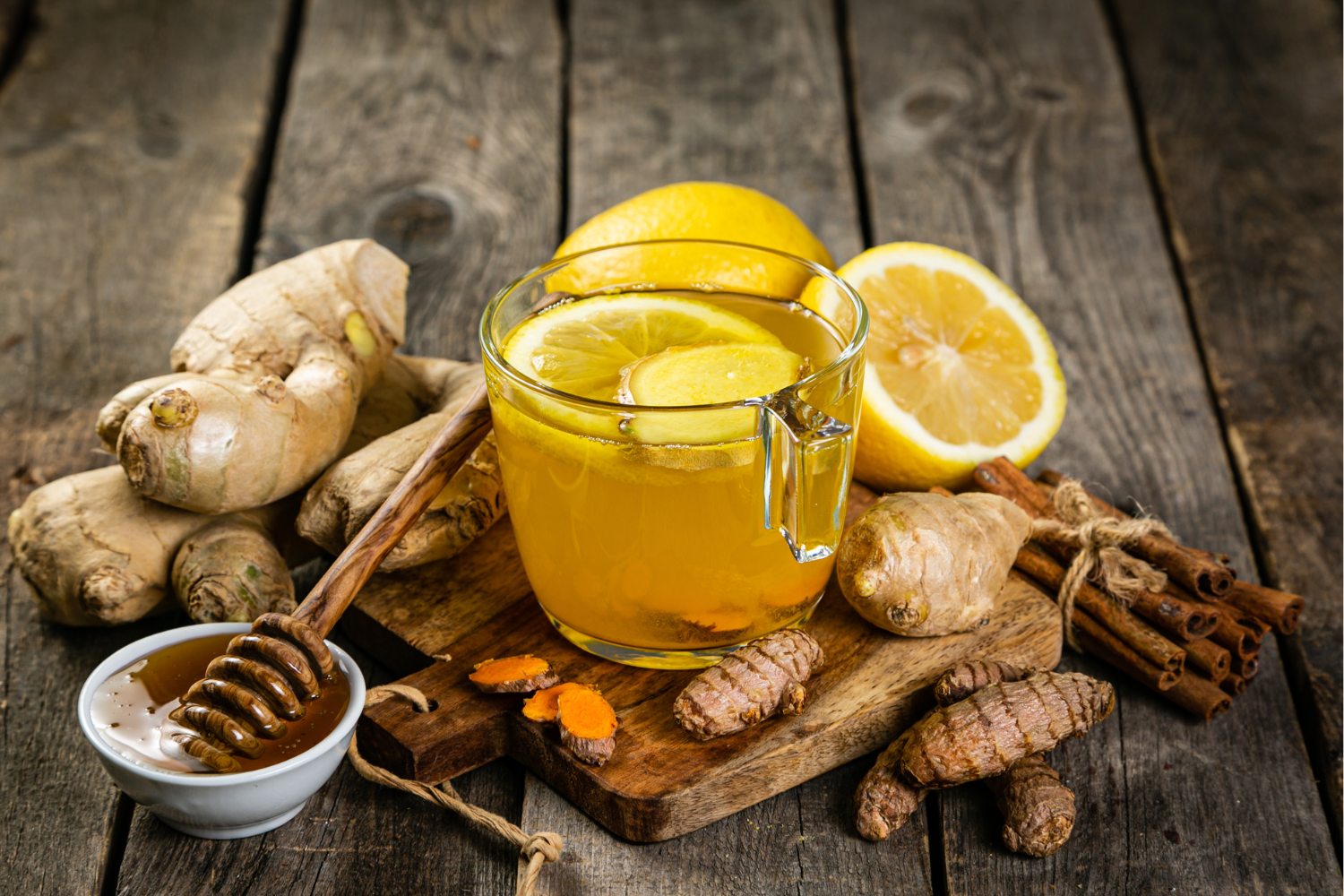
Using Manuka honey on dogs with a cough
Treating Kennel cough with Manuka
Manuka honey is also effective to use in treating animals. Kennel cough is a contagious respiratory illness that effects dogs. The antibacterial and anti-inflammatory properties of Manuka honey make is effective for treating Kennel cough. Given dogs a smaller size and smaller dose is recommended, see more details here.
What MGO grade is recommended to treat coughs
Choosing the right strength Manuka honey is important. While 30+ to 200+MGO is considered good for a daily health boost, when treating ailments such as a cough 250+MGO is considered the minimum level of MGO for medical purposes. If the cough is severe and persistent, regular dosing with a higher level MGO such as 550+ or 850+MGO will be more effective. Please see here for more information on the MGO rating system.
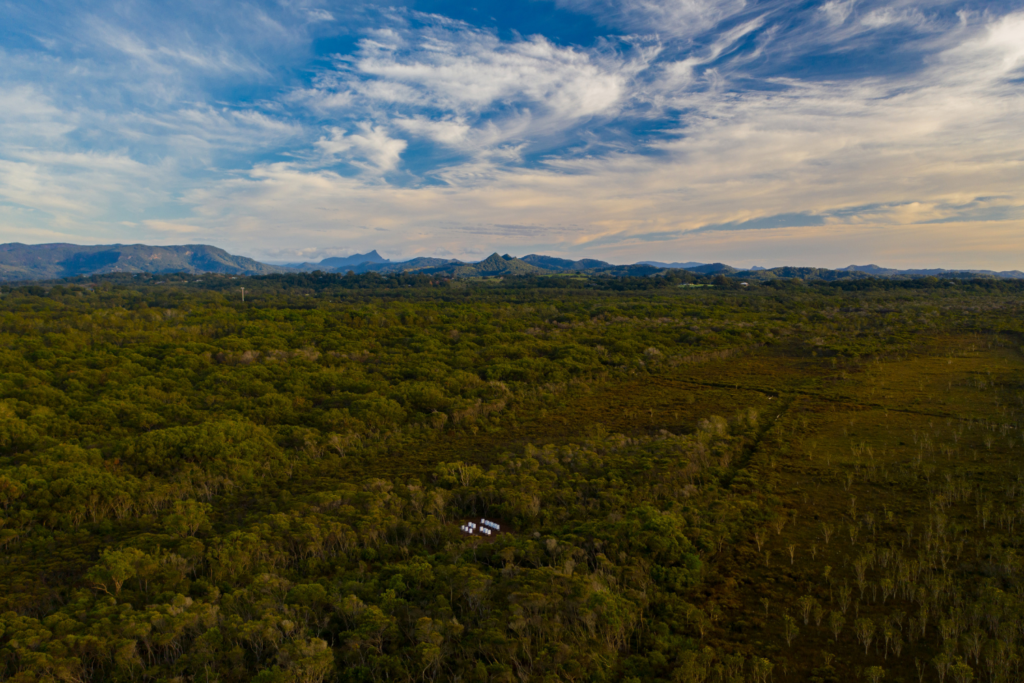
Honey, from our hives to your home
We produce a range of different MGO strength Manuka honey to suit everyone. We source our Manuka honey from our apiaries situated in the pristine coastal forests of Northern NSW, Australia. We believe nature holds the key to our health and we farm using organic principles without sugar feeding or veterinary pharmaceuticals. We pride ourselves on bringing high quality delicious Australian Manuka honey to market.
References
- Paul IM, Beiler J, McMonagle A, Shaffer ML, Duda L, Berlin CM Jr. Effect of honey, dextromethorphan, and no treatment on nocturnal cough and sleep quality for coughing children and their parents. Arch Pediatr Adolesc Med. 2007 Dec;161(12):1140-6. doi: 10.1001/archpedi.161.12.1140. PMID: 18056558.
- Oduwole O, Meremikwu MM, Oyo-Ita A, Udoh EE. Honey for acute cough in children. Cochrane Database Syst Rev. 2012 Mar 14;(3):CD007094. doi: 10.1002/14651858.CD007094.pub3. Update in: Cochrane Database Syst Rev. 2014;(12):CD007094. PMID: 22419319.
- Miceli Sopo S, Greco M, Monaco S, Varrasi G, Di Lorenzo G, Simeone G; Milk Honey Study (M&HS) Group. Effect of multiple honey doses on non-specific acute cough in children. An open randomised study and literature review. Allergol Immunopathol (Madr). 2015 Sep-Oct;43(5):449-55. doi: 10.1016/j.aller.2014.06.002. Epub 2014 Sep 6. PMID: 25201759.
- Cohen HA, Rozen J, Kristal H, Laks Y, Berkovitch M, Uziel Y, Kozer E, Pomeranz A, Efrat H. Effect of honey on nocturnal cough and sleep quality: a double-blind, randomized, placebo-controlled study. Pediatrics. 2012 Sep;130(3):465-71. doi: 10.1542/peds.2011-3075. Epub 2012 Aug 6. PMID: 22869830.
- Goldman RD. Honey for treatment of cough in children. Can Fam Physician. 2014 Dec;60(12):1107-8, 1110. PMID: 25642485; PMCID: PMC4264806.
- Abuelgasim H, Albury C, Lee J. Effectiveness of honey for symptomatic relief in upper respiratory tract infections: a systematic review and meta-analysis. BMJ Evidence-Based Medicine. 2021;26:57-64.
- Dart RC, Paul IM, Bond GR, Winston DC, Manoguerra AS, Palmer RB, Kauffman RE, Banner W, Green JL, Rumack BH. Pediatric fatalities associated with over the counter (nonprescription) cough and cold medications. Ann Emerg Med. 2009 Apr;53(4):411-7. doi: 10.1016/j.annemergmed.2008.09.015. Epub 2008 Dec 19. PMID: 19101060.
- Gheldof N, Wang XH, Engeseth NJ. Identification and quantification of antioxidant components of honeys from various floral sources. J Agric Food Chem. 2002 Oct 9;50(21):5870-7. doi: 10.1021/jf0256135. PMID: 12358452.
- Molan P, What’s special about Active Manuka Honey.academis.edu, Pdf7 https://www.academia.edu/2187608/Pdf_7_Whats_special_about_Active_Manuka_Honey

